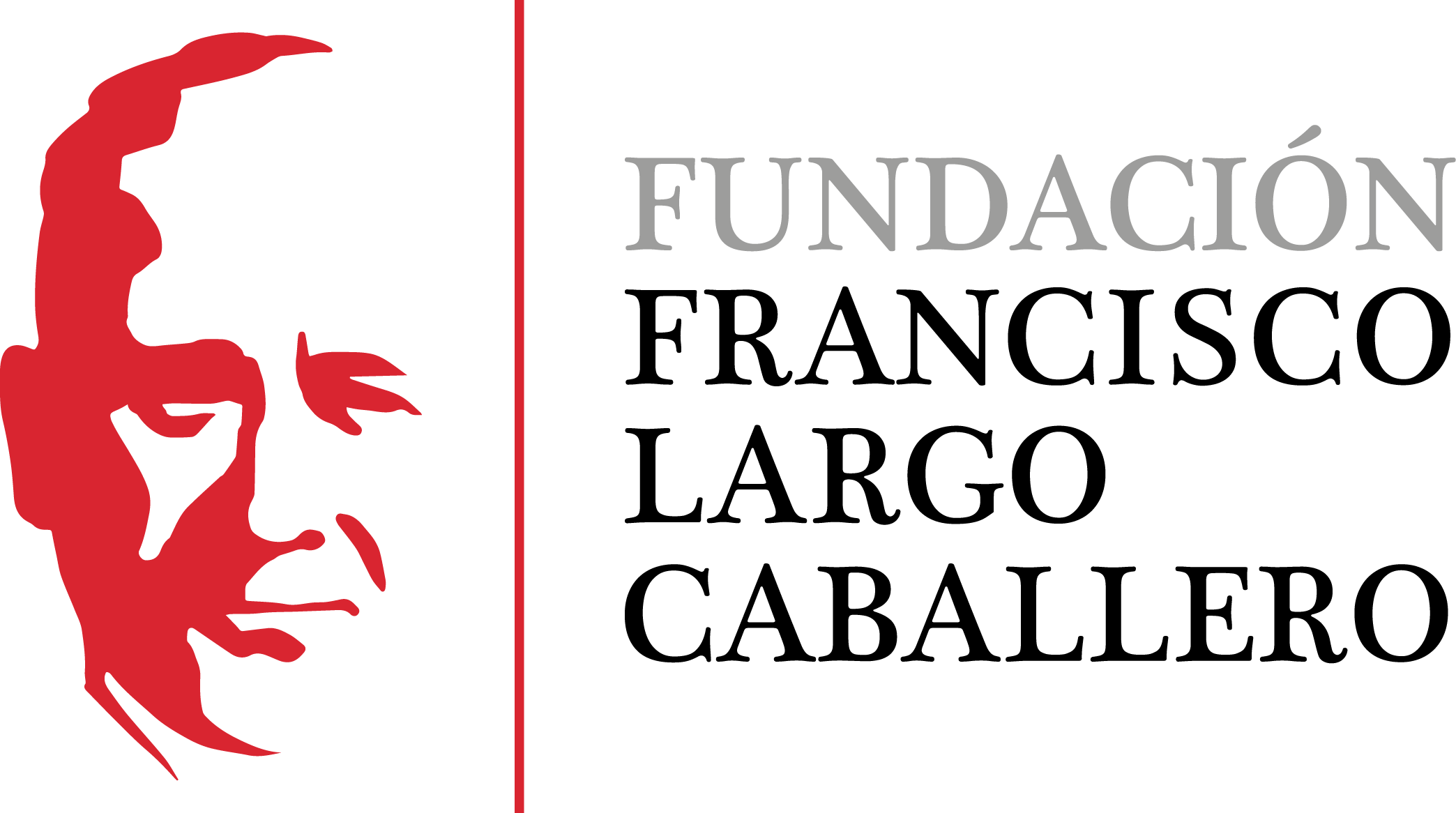Fight and resurrection of the Basque people. Basque history from the appearence of nationalism in the interpretation of the Basque Nationalist Party (1977- 2006)
DOI:
https://doi.org/10.69791/rahc.271Keywords:
Basque Nationalist Party, nationalism, identity, violence, autonomismAbstract
References to the past are essential in the documentation compiled by the Basque Nationalist Party because a concrete interpretation about history is inherent to its doctrine. This article analyzes the version of the Basque history during the last century and a half that the Basque Nationalist Party has maintained and spread for the last thirty years. This article stems from its ideological assumptions, not from a historiographic analysis. The plot is the following: nationalism appears as a response to a violent abolition of charters by Spain. The Basque Country is specifically identified to this nationalism, and conceived as a Basque People of a thousand-year-old identity and origin. The interpretative axis of this period would be the secular and permanent confrontation with the Spanish oppression and also the different phases and circumstances which take place in the same period. The result would be the gradual Basque restoration, insofar nationalism spreads. This historical view, in chapters, would legitimize the mouvement and would mainly justify particular policies such as different perspectives to violence or the situational support of the autonomistic pragmatism.
Downloads
Global Statistics ℹ️
|
133
Views
|
27
Downloads
|
|
160
Total
|
|
Downloads
Published
How to Cite
Issue
Section
License
Copyright (c) 2008 Manuel Montero

This work is licensed under a Creative Commons Attribution 4.0 International License.
Alcores is an open-access journal. It provides unrestricted access to its content from the moment of publication. We respect intellectual property rights, and for this reason, the author retains the copyright. All content is distributed under a Creative Commons Attribution 4.0 International (CC BY 4.0) license. The terms of the license can be consulted at: https://creativecommons.org/licenses/by/4.0/
This license allows sharing (copying and redistributing the material in any medium or format) and adapting (remixing, transforming, and building upon the material for any purpose), provided that authorship and first publication in this journal are properly credited, a link to the license is included, and any changes made are indicated.
This type of license facilitates the freedom of reuse and ensures that the content of this journal can be used to meet research needs.





